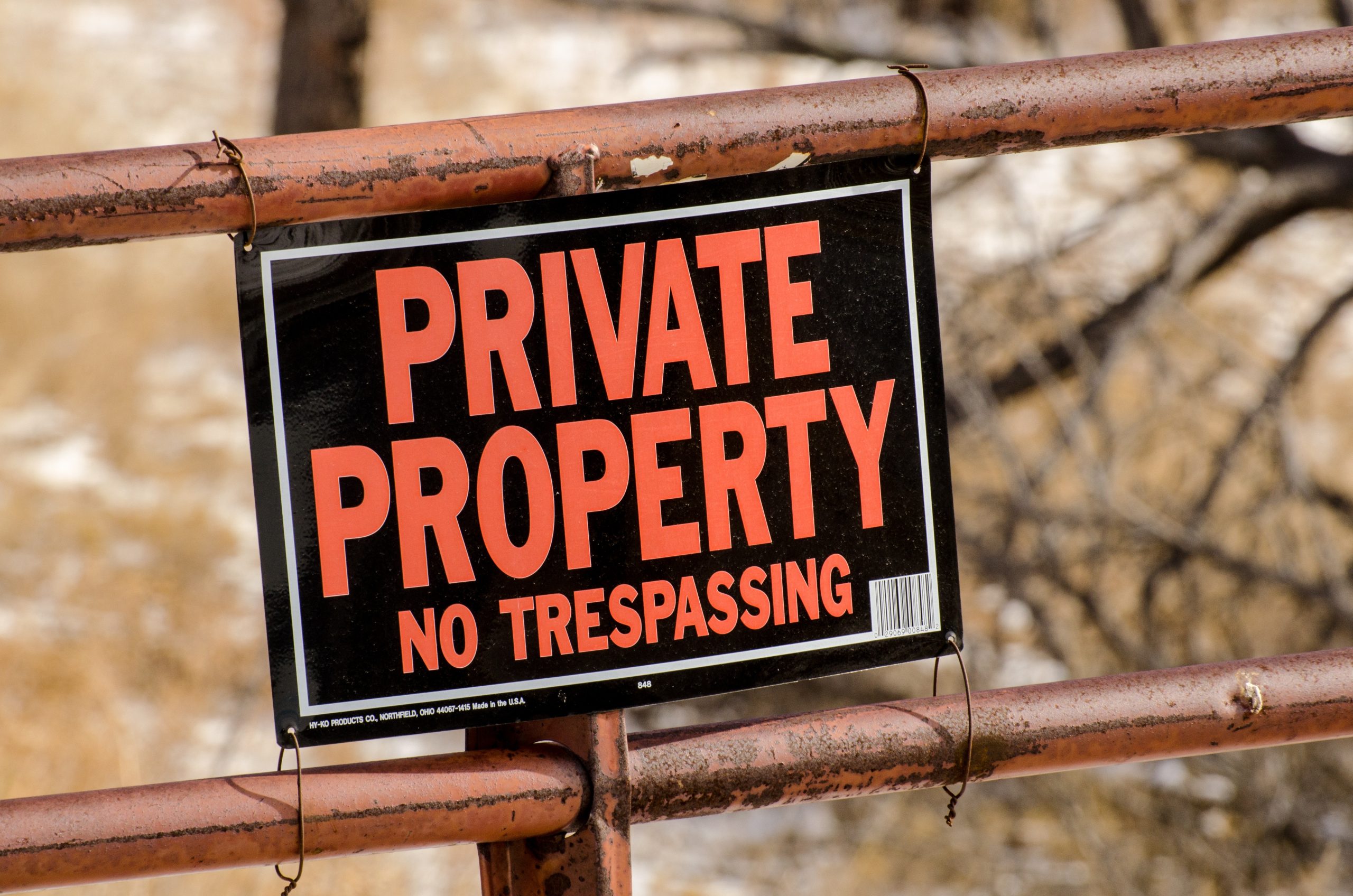 One of the joys of owning property is dealing with potential property disputes. Such disputes can get especially complicated when they involve old surveys and records and promises from prior owners. This case illustrates the importance of doing due diligence before purchasing property so you understand which of your neighbors might have the right to use part of your property.
One of the joys of owning property is dealing with potential property disputes. Such disputes can get especially complicated when they involve old surveys and records and promises from prior owners. This case illustrates the importance of doing due diligence before purchasing property so you understand which of your neighbors might have the right to use part of your property.
This lawsuit involved multiple parcels of land located in Tangiphoa Parish, Louisiana. The Arnolds had previously owned all of the property at-issue. There was a right of way and road constructed by the early 1960s, which was marked by signs. An apparent servitude is perceivable by signs or constructions such as a roadway. See La. C.C. art. 707. The Arnold family and their tenants had regularly used the route since then.
The Aikmans, who owned some of the at-issue land, filed a lawsuit against the Naramores, who owned another parcel of land. The Aikmans claimed there was no servitude, so the Naramores could not use the road to access their property. At trial, there were over twenty witnesses, including multiple experts. The parties also presented exhibits, surveys, and maps. The trial court held the Aikmans could not interfere with the use of the passage, relying on La. C.C. art. 741, which governs the creation of servitudes. The Aikmans filed an appeal.
On appeal, the Aikmans argued the public records did not sufficiently establish that a servitude existed before they had acquired the property. The appellate court explained that when the Arnold family owned all the land, there was no servitude, because you cannot have a servitude on your own property. When they split the estate, and the land became owned by different people, an apparent servitude would have been formed unless the Arnolds had explicitly disavowed it.
None of the multitude of evidence presented at trial suggested the Arnolds had explicitly disavowed the servitude when they conveyed the parcels to different owners. Rather, the acts of conveyance explicitly recognized and described the servitude, which was also displayed on old surveys. Although the servitude was not recorded, the appellate court rejected the argument that the mere fact the survey was not recorded meant the servitude had been disavowed.
Additionally, the Aikmans argued the court should not recognize the servitude because Naramores could access their property through another route that did not use the servitude and would therefore not burden their property. The appellate court rejected this argument, explaining La. C.C. art. 689, which governs enclosed estates, did not require that the Naramores’ was landlocked in order for there to be a servitude. Therefore, the appellate court agreed with the trial court’s ruling the Aikmans could not interfere with the servitude.
If you are considering purchasing property, it is a good idea to consult with an attorney, who can help you review the applicable property records and advise you on possible property disputes that might arise. And if you are already involved in a property dispute, a good attorney can advise you on your rights.
Additional Sources: Jerelean Arnold Naramore et al. v. Baynum and Kayla Aikman
Article Written By Berniard Law Firm
Additional Berniard Law Firm Article on Property Disputes: When Present Interests Conflict with Past Laws: Property Disputes Between the Usufruct and the Naked Owner
 Insurance Dispute Lawyer Blog
Insurance Dispute Lawyer Blog

